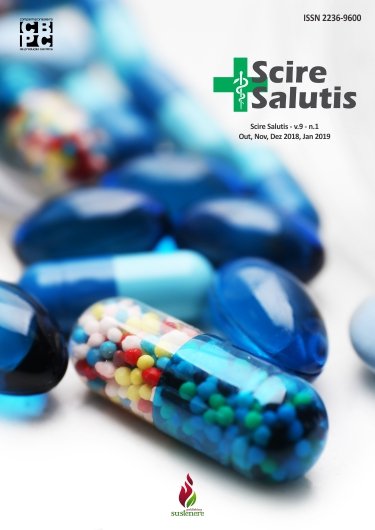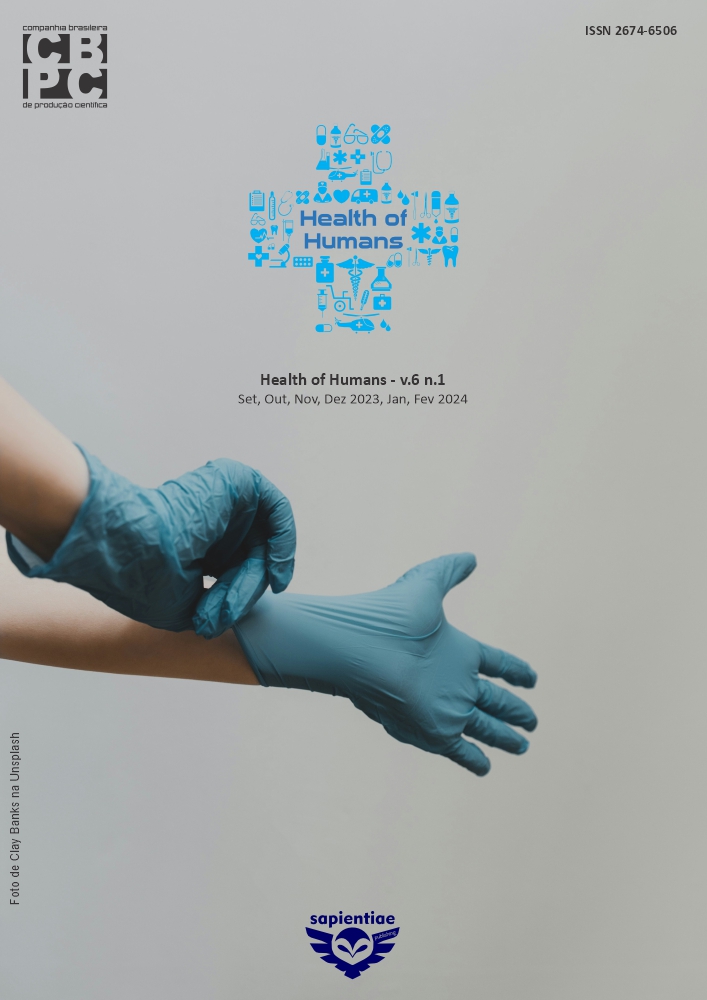Red blood cell transfusion in sickle cell patients
DOI:
https://doi.org/10.6008/CBPC2236-9600.2019.001.0007Keywords:
Sickle cell anemia, Alloimmunization, TransfusionAbstract
Sickle cell anemia is a prevalent disease in Brazil, and is characterized by a genetic mutation that causes deformity in the red blood cells of the carrier, causing several problems. A good part of these patients need frequent transfusions to treat complications of the disease, but over time there may be complications resulting from these transfusions, which makes the use of this therapy very careful. But why can sickle cell patients have problems with transfusion therapy? Due to the frequency of transfusions, the sickle cell patient may be alloimmunized against antigens from various blood group systems. The best way to prevent this type of reaction is to perform red cell phenotyping for compatibility testing. The present study aimed to address the red blood cell transfusion in sickle cell patients, also listing the reactions that may occur due to this therapy and the procedures that should be taken to avoid such reactions, also addressing the role of the biomedical in this process. It is a literary research conducted based on national and international scientific articles, monographs, laws and books that were selected using as a criterion the approach of the chosen theme. We used as research sources the sites SCIELO (Scientific Electronic Library Online), Pubmed, Virtual Library of the Ministry of Health and books present in the physical and virtual library of the Educational Institute Santa Catarina (IESC). Transfusion therapy is a great option to treat the complications of sickle cell anemia, but measures should be used to prevent post-transfusion problems.
Downloads
Downloads
Published
Issue
Section
License
The CBPC - Companhia Brasileira de Produção Científica (Brazil CNPJ: 11.221.422/0001-03) the material rights of the published works. The rights relate to the publication of the work anywhere in the world, including rights to renewals, expansions and dissemination of the contribution, as well as other subsidiary rights. All electronically published works may subsequently be published in printed collections under the coordination of this company and / or its partners. The authors preserve the copyright, but are not allowed to publish the contribution in another medium, printed or digital, in Portuguese or in translation.








